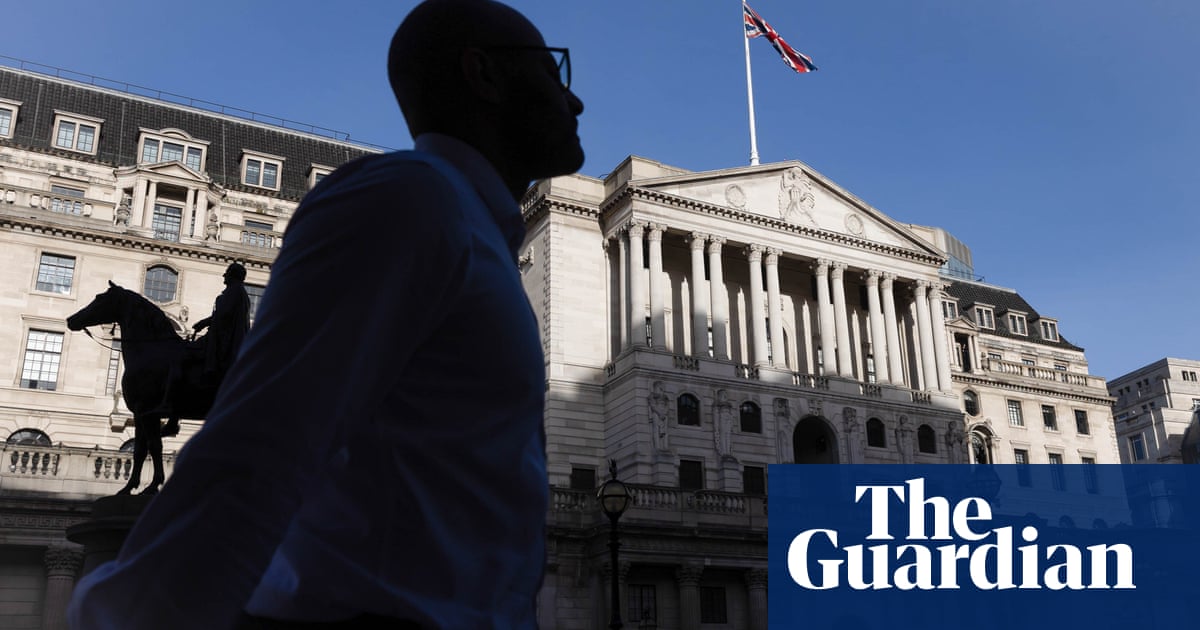
Interest rates across the eurozone must continue to ratchet upwards to tackle rapidly rising inflation, European Central Bank policymakers said.
The ECB’s call to prioritise the fight against inflation with further increases in the cost of borrowing came after it raised rates by an unprecedented 0.75 percentage points on Thursday to 1.25%.
It warned that eurozone inflation was at its highest rate in almost half a century in July, at 9.1%, up from 8.9% in July, and at risk of becoming entrenched.
“Inflation remains unacceptably high,” said Peter Kažimír, Slovakia’s central bank chief, who sits on the ECB’s governing body. “The priority now is to continue vigorously the normalisation of monetary policy.”
Kažimír’s remarks were widely interpreted as a call for further significant increases in borrowing costs despite the likelihood it will significantly slow the 19-member currency bloc’s economic recovery.
Echoing his words, the Dutch central bank president, Klaas Knot, said slowing growth was a necessary side-effect of the fight against inflation. “We expect inflation to keep rising in the coming months, so that means we only have one problem on our plate: inflation,” Knot said, adding: “That will mean we will have to slow economic growth at least a bit to reduce inflation.”
Bank of England officials are expected to repeat August’s 0.5 percentage point rise when they next meet, taking the bank’s base rate to 2.25%. They had been due to meet on 15 September but as a mark of respect after the death of the Queen, the meeting has been postponed for a week, so will take place on 22 September.
Sanjay Raja, a senior economist at Deutsche Bank Research, said the monetary policy committee’s nine members were likely to adopt a middle course after a three-way split, with two members backing a weaker 0.25 percentage point increase and two supporting a more aggressive 0.75 percentage point rise.
Raja said the government’s pledge to inject £150bn into the economy to bring down household and business energy bills would be considered inflationary by the Bank, leading to further increases in rates next year to a peak of 4%.
Speaking in parliament earlier this week, the Bank’s chief economist, Huw Pill, said: “In response to the question, will fiscal policies generate inflation – we are here to ensure that they don’t generate inflation … Our remit is to get inflation back to target … We do have work to do.”
Next week there will be a flurry of UK economic data, including GDP growth figures for July, which is expected to bounce back modestly after a fall in June, although it remains on a downward track towards a long recession next year.
James Knightley, the chief international economist at ING, said the energy price guarantee was “a double-edged sword for the Bank” that reduced the peak in headline inflation from about 16% in January to about 11% in October, but came too late for City traders to adjust their expectations of a minimum 0.5 percentage point rise.
“As we saw with the ECB on Thursday, the decision to go with a 0.75 percentage point hike saw markets price that as the default move at the next meeting,” he said.
While the ECB projected stagnating growth over the winter months, the central bank’s president, Christine Lagarde, said the current outlook showed the eurozone would avoid a recession, although she acknowledged the loss of access to Russian gas meant a contraction was still possible.
The French central bank governor, François Villeroy de Galhau, appeared to play down the likelihood of further large rate increases, saying: “We have our hands completely free. Nobody should speculate that this will be the magnitude of the next step.
“We did not create a new jumbo habit.”












